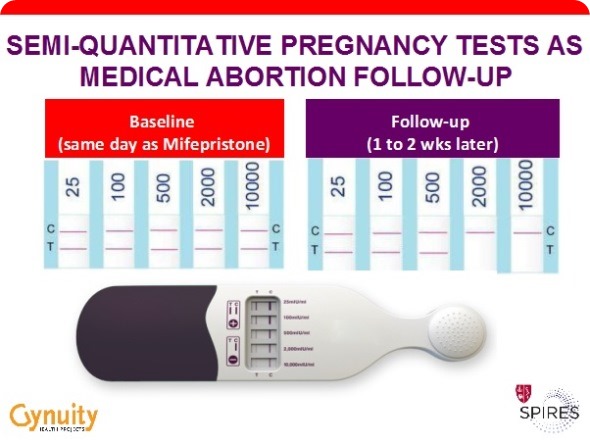

What does a low beta hCG mean?Įven though the data of outcomes from low beta hCG levels looks scary, remember that there are many normal, healthy pregnancies that start out with a low beta hCG. If there’s any concern, your doctor will review the results and discuss next steps.

There are other medical reasons that could be behind an unusually high beta hCG. One study found that median hCG levels on Day 13 after a fresh embryo transfer were 329 for women with one baby and 544 for women carrying twins. Beta hCG levels were taken 12 days after an embryo transfer.Ī high beta hCG could indicate multiples (twins or triplets), which would be confirmed through an ultrasound. Researchers found that beta hCG has a good predictive value for assessing the clinical pregnancy outcomes.ĭata from study of 123 IVF participants. A study of 177 IVF cycles showed that pregnancies with a beta hCG concentration 386 mU/mL had a 91% chance of a live birth.Īnother study in 2017 looked at mean hCG levels on Day 12 after an embryo transfer. Can beta HCG levels after IVF predict miscarriage? Data from study of 523 pregnancies after IVF. IVF Transfer Outcome by Beta hCG Level on Day 14. Here is a chart of outcomes based on beta hCG levels: In this study, lower serum β-HCG levels were related to higher rates of early pregnancy loss and ectopic pregnancy for women with singleton pregnancies (just one baby). One study of 523 IVF pregnancies found that betas over 200 IU/L at this time had the greatest chance of success. So, if your first beta is low, do not panic! What should the hCG level be 12 days after embryo transfer? 14 days after?Ī strong beta number at 17 days after fertilization (14dp3dt or 12dp5dt) would be over 200 mIU/mL (or IU/L, they are equivalent). This ultrasound is much more predictive of pregnancy outcomes than hCG levels. Then, you move onto a vaginal ultrasound at five to eight weeks to look for both a heartbeat and a gestational sac to confirm the pregnancy. There are usually three beta hCG tests (assuming the first and second are positive). What's more important than the absolute beta number is if the number increases substantially over time. The higher the percentage of rise in hCG drawn two days following the initial beta, the better the chances for success. But what's more important than the absolute beta number is the rate of increase over time (it should double every 48 hours). In general, a beta hCG level of over 100 is generally considered a good, positive result. The beta hCG will vary based on the type of embryo you transferred (was it fresh? Frozen?) and when the test is performed. What is a normal hCG level after IVF? There is no single hCG level or cut-off that defines a normal pregnancy. Serum β-HCG is proportional to the number and activity of the trophoblastic cells, and research shows that a higher serum β-HCG level is associated with pregnancy outcomes and IVF success. Beta hCG (aka β-hCG ) is a quantitative serum test (done by your fertility clinic) to determine the level of hCG hormone present in your blood. It is called the pregnancy hormone because it is only present during pregnancy and can be detected by at-home pregnancy tests. Human chorionic gonadotropin (hCG) is the first hormonal message from the placenta to the mother. In this article, we’ll review what the data says about various beta levels. The results of this test are predictive of the chances of success for a baby. The beta hCG test is the blood pregnancy test performed after an IVF embryo transfer.


 0 kommentar(er)
0 kommentar(er)
